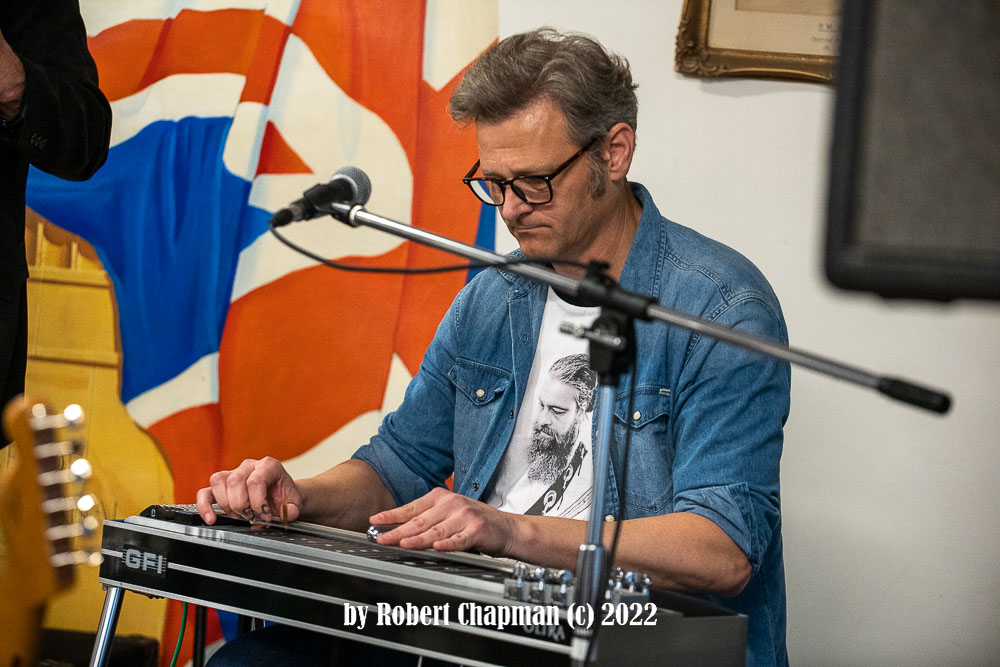
Professor of Psychology Tim Windsor is researching the complexity and absurdity of human behaviour, with a particular interest in ageing. We asked him about a phenomenon known as the “happiness U-curve” – and his interesting hat collection.
What is your role at Flinders?

I’m a Professor in Psychology in the College of Education, Psychology and Social Work. I’m also the Interim Deputy Director of the Flinders Institute for Mental Health and Wellbeing, Director of the Generations Research Initiative, and Indigenous Partnerships lead for our College Research Committee.
How did you get into this line of work?
Like many people, I’m interested in the complexity (and occasional absurdity!) of human behaviour, which led me to study psychology. After completing a PhD on the topic of causal attribution theory, I worked as a research assistant, then postdoctoral researcher at Australian National University as part of a team led by Professor Kaarin Anstey. Our research group was concerned with studying processes of ageing, and I had the privilege to work on the PATH Through Life Study, a wonderful longitudinal study of development across early-, middle- and older adulthood – possibly only rivalled in Australia by Flinders’ own Australian Longitudinal Study of Ageing. It was during this time that I developed a strong interest in research on lifespan development and ageing.
Your research is concerned with optimising ageing – tell us a bit more about this.
One reason why I find the study of ageing to be so compelling is that ultimately – for those of us fortunate enough to live a long life – it affects everyone. Recognising this, and that the world’s population is rapidly ageing, makes this a critical time to study what it means to age well, and examine the sorts of biological, psychological and social resources that people and societies can develop to help individuals maximise their developmental potential. As life expectancies continue to increase as a result of medical and technological advancements, it’s crucial that we understand not just how to live for a long time, but how to live engaged, purposeful and satisfying lives for a long time.
What’s something a lot of people get wrong about your research?
It’s often assumed that as people age they experience a decline in wellbeing, due to common ageing-related changes such as losses in physical capacity. However, there is extensive research evidence pointing to what is sometimes called the “happiness U-curve” or the “paradox of wellbeing”. This indicates that we see a peak in wellbeing in older adulthood – at least prior to very late life. Various reasons for this phenomenon have been suggested, with research pointing to older people having better social relationships (as a result of their changing motivations) and more experience in developing effective coping skills.
How do you like to spend your spare time?
My spare time is mainly devoted to music. I play the pedal steel guitar, an obscure instrument that is mainly associated with country music. Playing the steel guitar has opened up various weird and sometimes wonderful opportunities, including playing in major theatres around Australia as part of touring productions.
What’s a fun fact about yourself?
I own multiple cowboy hats of different styles.

